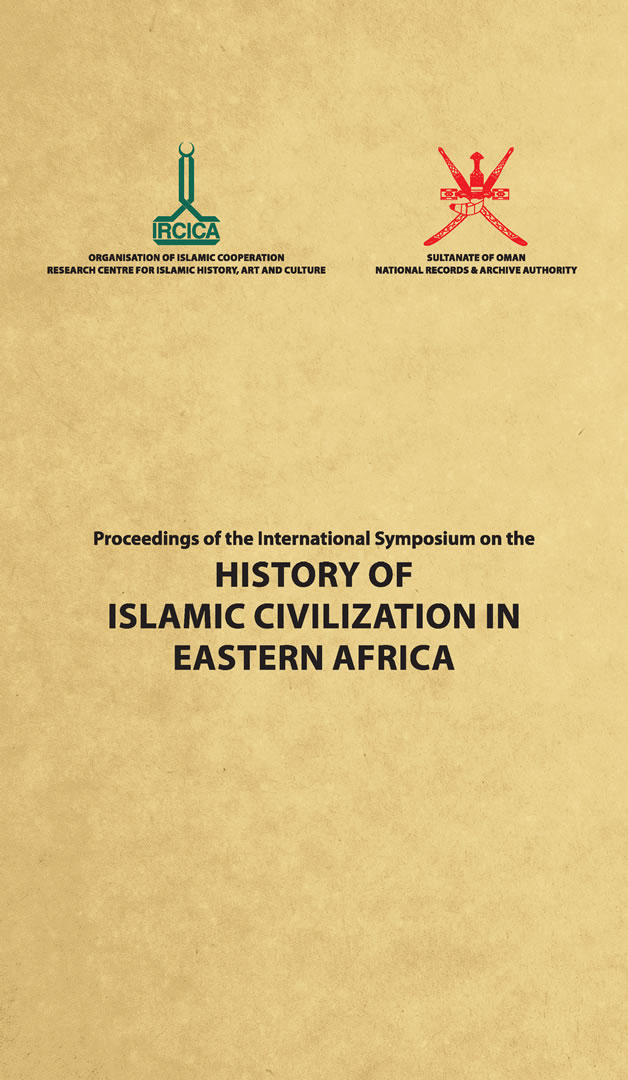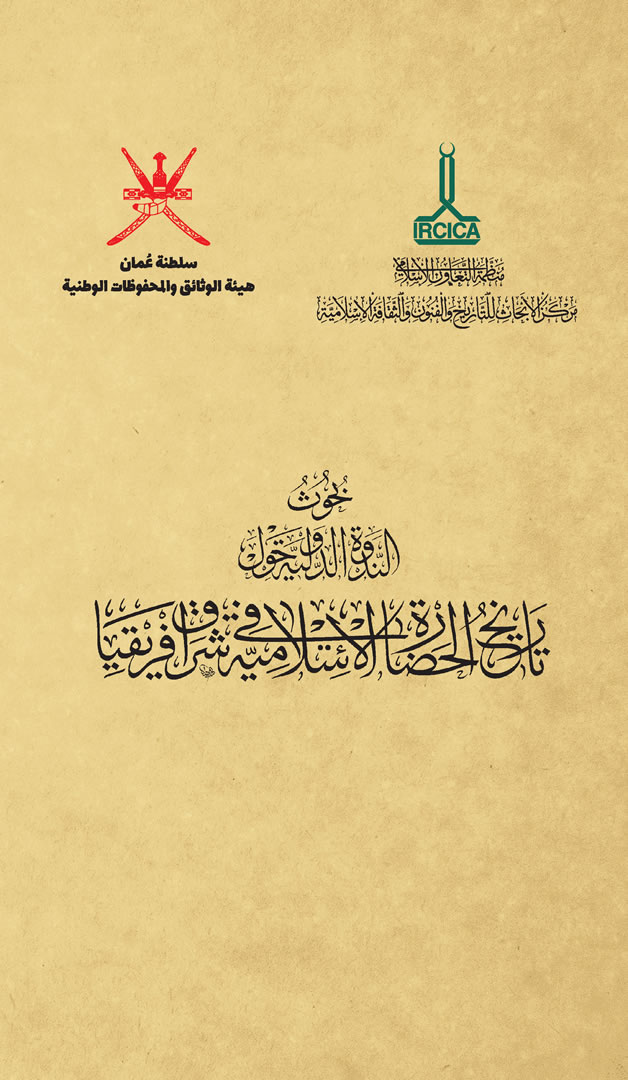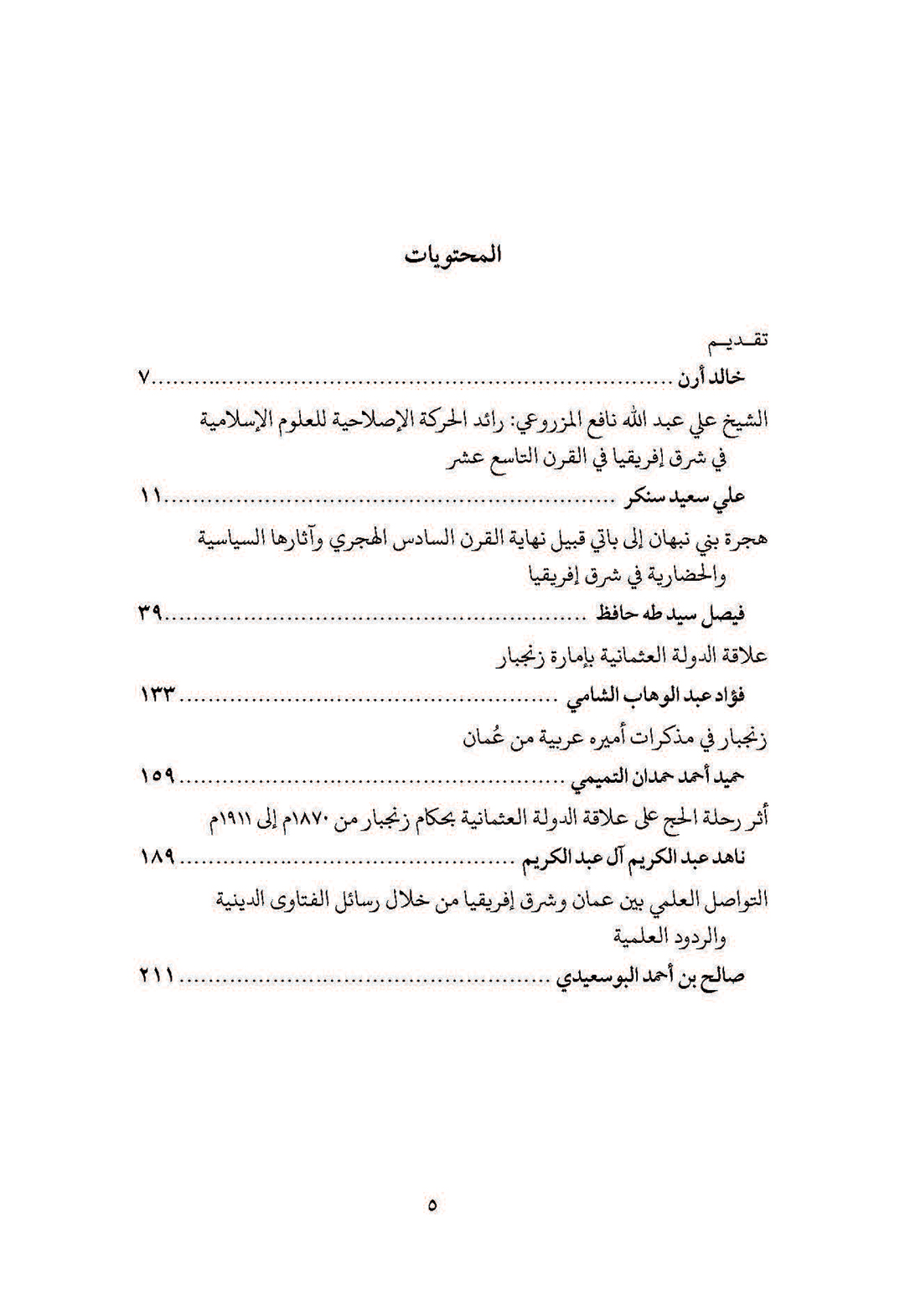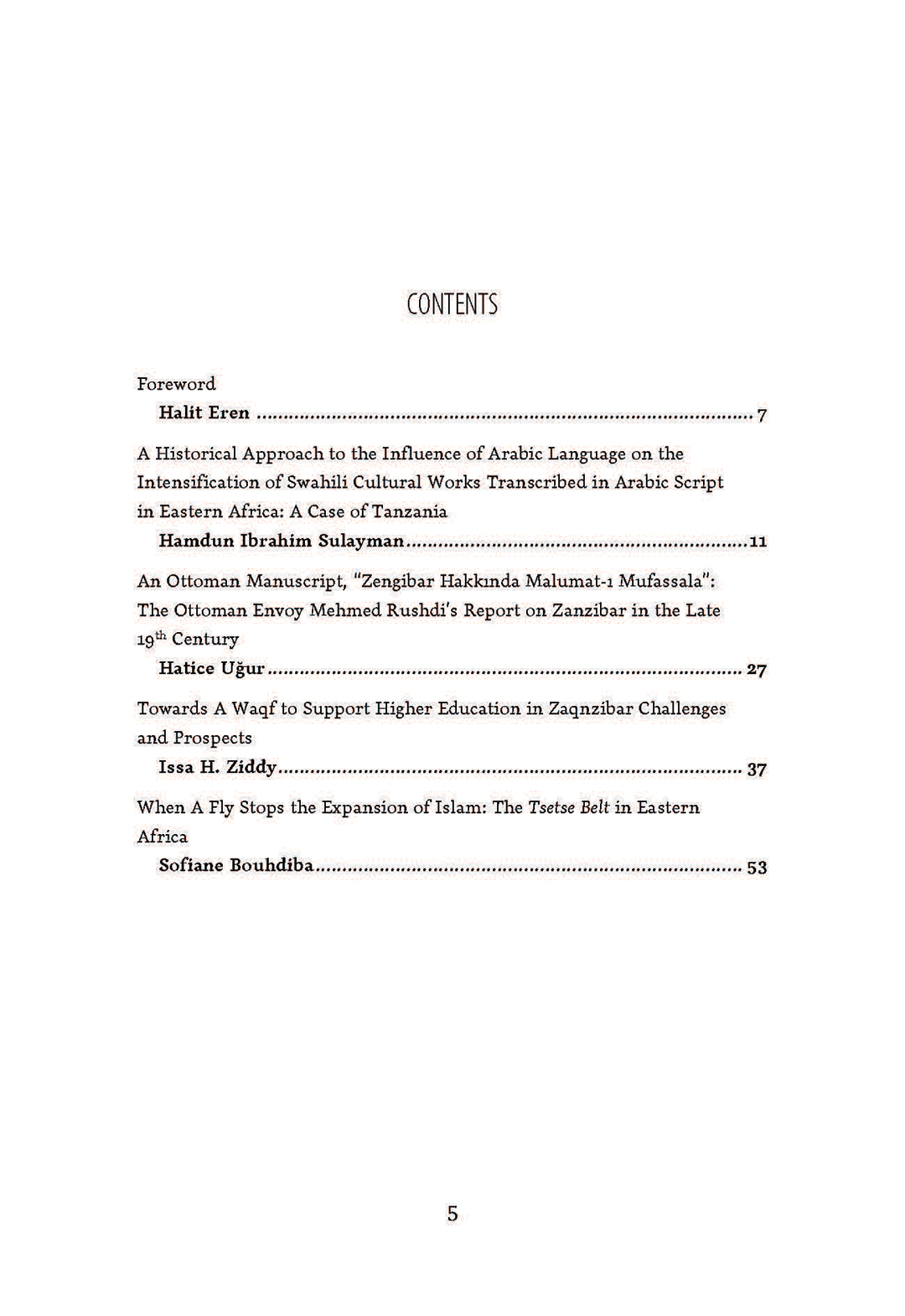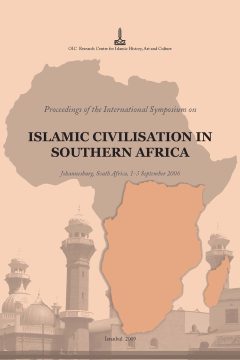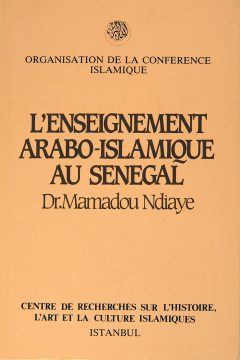The international symposium on the “History of Islamic Civilisation in Eastern Africa” was organized by IRCICA, the National Records and Archive Authority of Oman and the State University of Zanzibar, and held at Zanzibar City, Zanzibar, Tanzania, on 2-4 September 2013. Participants from Algeria, Burundi, Comoros, Egypt, Iraq, Kenya, Oman, Sweden, Tanzania, Tunisia, Turkey, Uganda, U.K., Yemen and Zimbabwe presented papers. This book contains ten of the papers presented; six are in Arabic, and four in English.
Relations between Eastern Africa region on one hand and the Middle East and Arabia on the other intensified after the advent of Islam in Eastern Africa. Civilizational interactions increased after the first century Hijra/7th century AD; migrations of Arabs to cities and ports of Eastern Africa were welcomed by Muslim residents of these regions. A considerable portion of the native populations embraced Islam. Powerful kingdoms and Islamic states were established. These states had amicable relations with the Islamic states in Asia including the Ottoman State. One of the important developments from cultural viewpoint was the migration of leading scholars from Oman to the region. The strong relations that existed between Oman and Eastern African societies intensified further. A real turning point occurred in the 17th century when the Yaariba Dynasty defeated the Portuguese occupying Zanzibar. The Omani Sultanate gained control in the region. But later, settlements in Eastern Africa did not manage to protect themselves from invasions led by European missionary expeditions; in the 19th century, these expeditions targeted the unity of the predominantly Muslim population. The papers in the book describe and analyze some of the cultural, educational and social aspects of life surrounding these developments.


